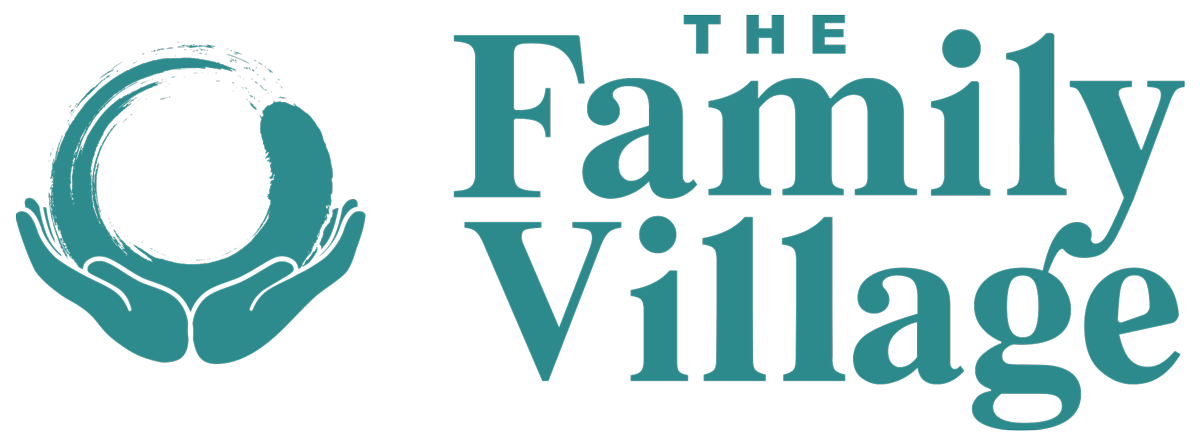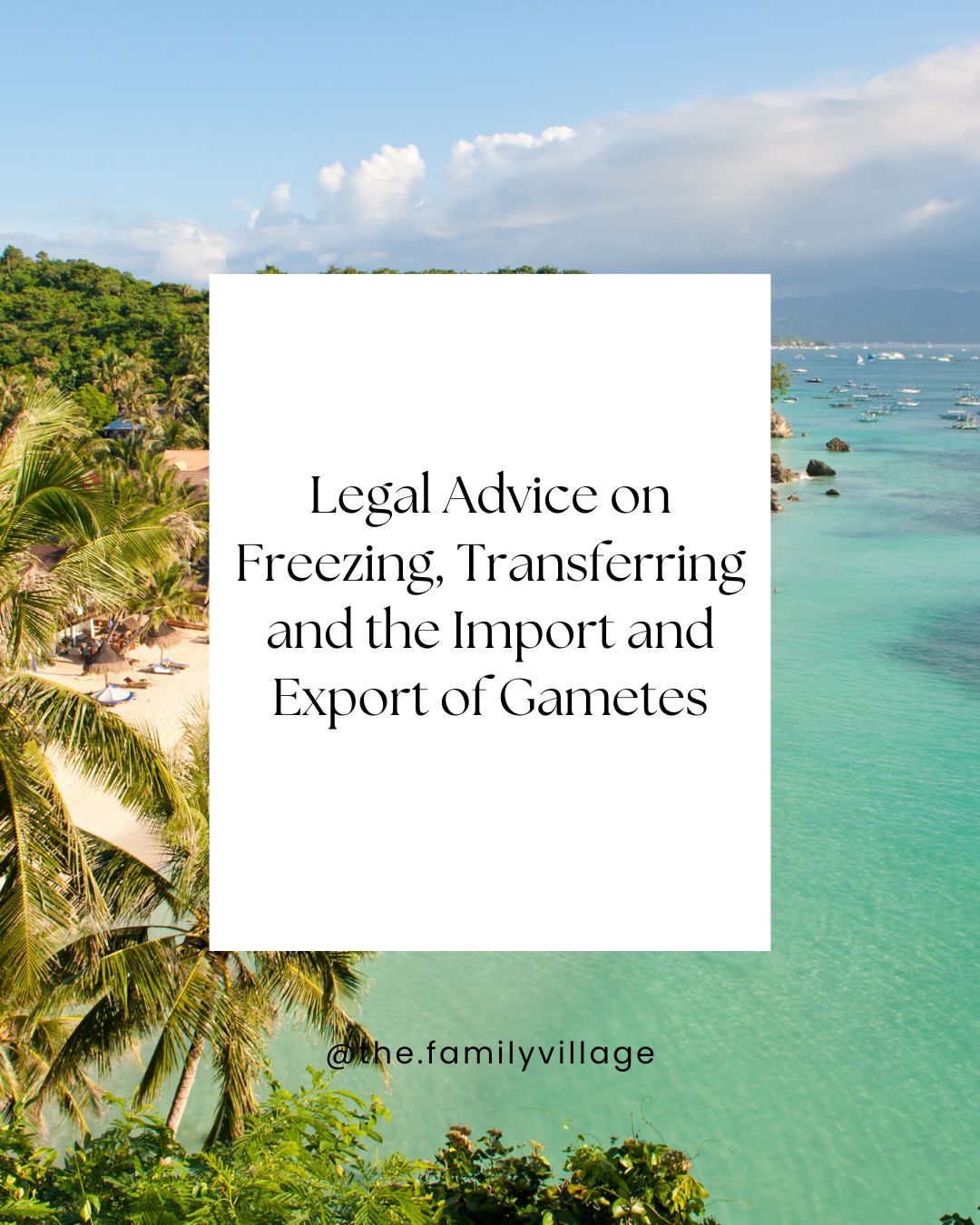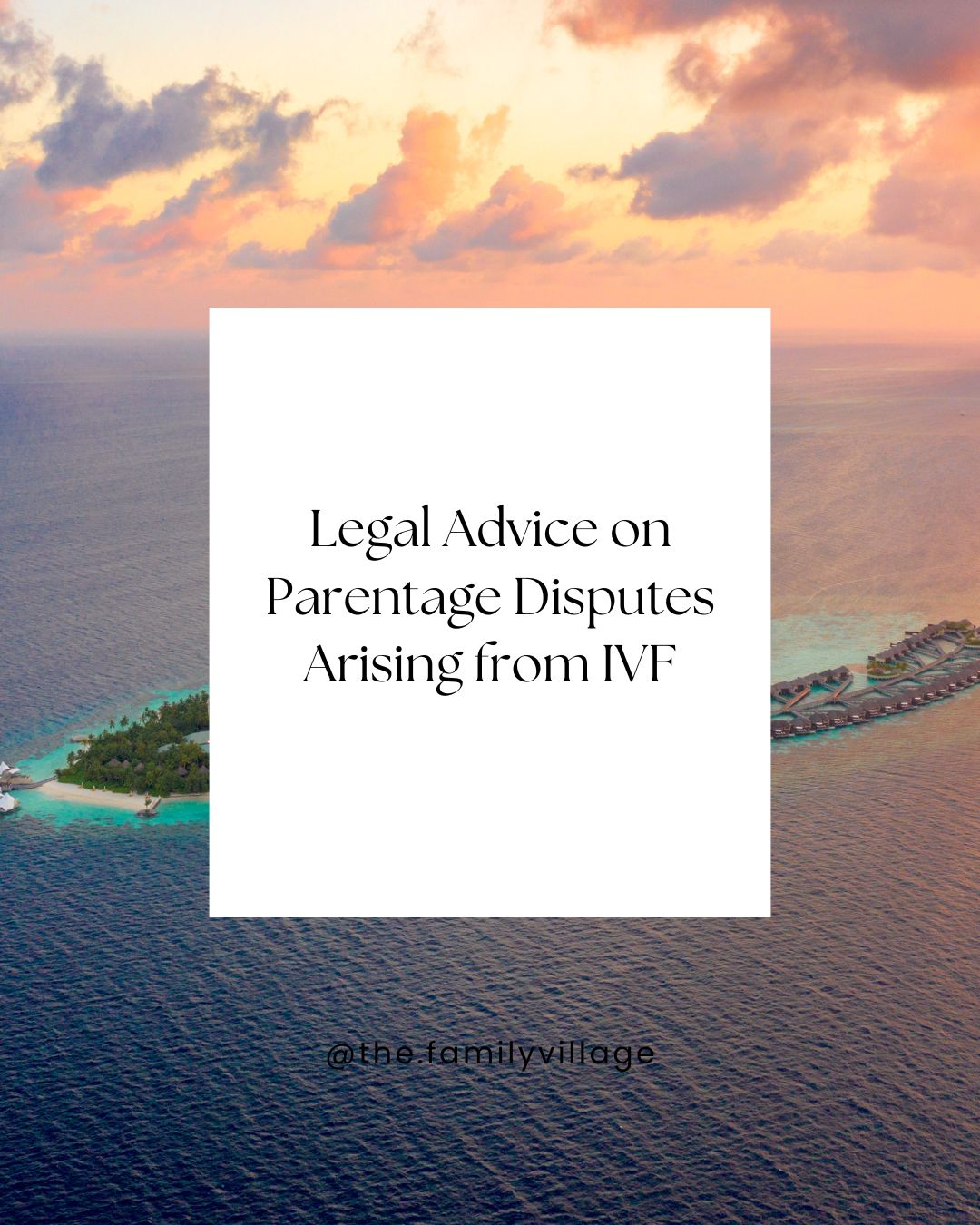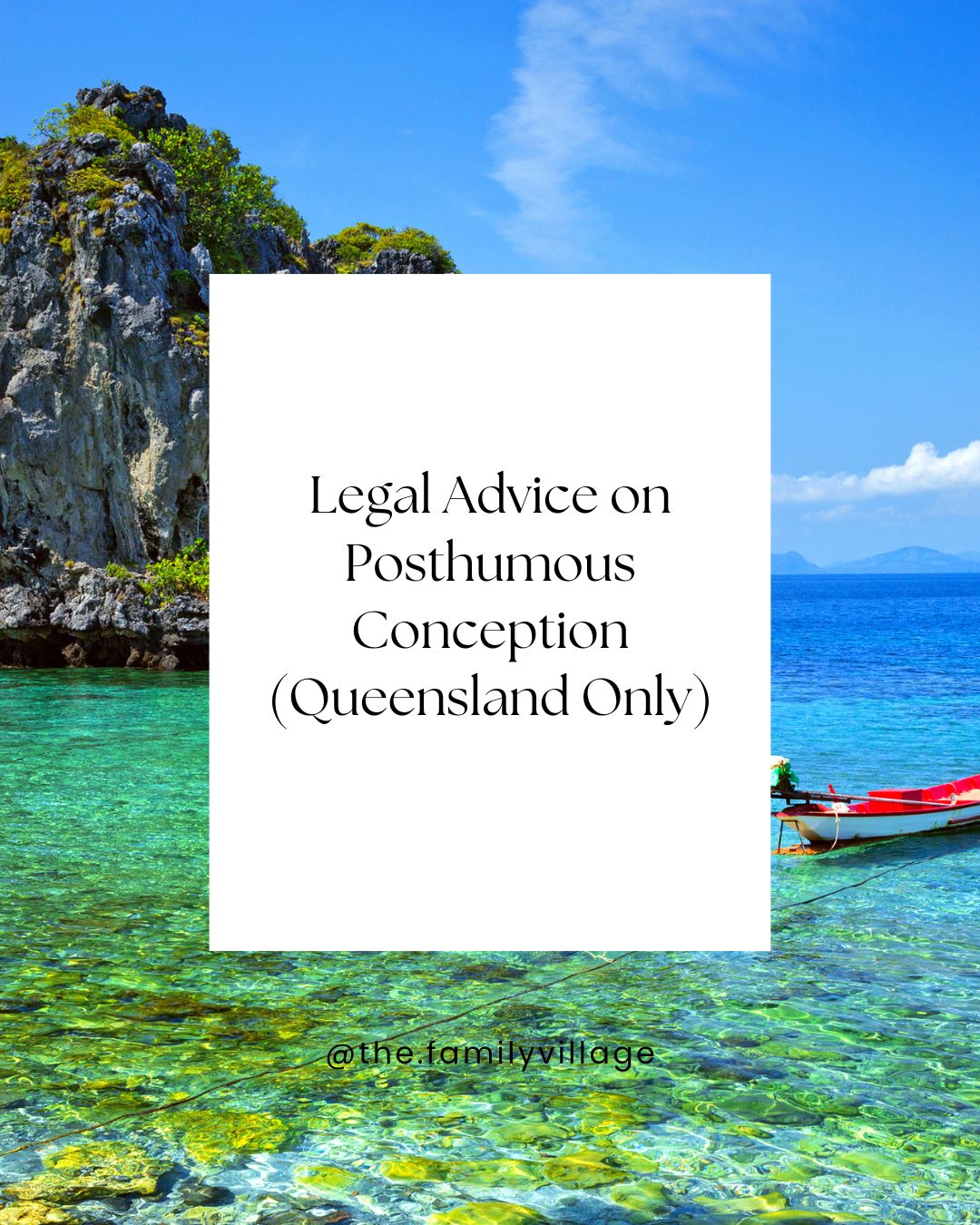Freezing Gametes and Embryos: What You Need to Know
In Queensland, individuals undergoing fertility treatment can choose to preserve their eggs, sperm, or embryos through a process called cryopreservation. This allows the material to be safely stored and potentially used in future treatment cycles.
Under the Assisted Reproductive Technology Act 2024 (Qld), individuals who are storing their own reproductive cells (and are not classified as donors) must provide formal consent that includes how long their material can be stored by a fertility provider. While some states place a strict time limit on how long frozen gametes or embryos can be kept, Queensland law does not impose a fixed storage limit. However, unless renewed, the initial consent will lapse after five years.
When it comes to donated reproductive material, the law takes a firmer stance. Donated eggs, sperm, or embryos cannot be used if they were collected or created more than 15 years ago.
Legal and Practical Considerations for Donors and Cross-Border Use
If you are using donor eggs or sperm to grow your family, there are additional legal issues to consider—especially around how the material is obtained, stored, and used. Ethical questions may also arise when selecting embryos based on certain traits, or when deciding what to do with embryos held in storage for future treatment.
Transporting reproductive material across borders—whether within Australia or internationally—requires careful planning and legal guidance. The process for transferring embryos or gametes involving donors is generally more complex than for material from the intended parents. Extra regulations may apply if the donor received payment, as opposed to donating on an altruistic basis. It is also wise to enter into a written donor agreement to clarify expectations, roles, and responsibilities.
Additionally, donors must consent to having their identifying details recorded. This ensures that any child born from the donation will have the opportunity to access that information when they are older, supporting their right to understand their biological origins. When questions arise over who the legal parents are, our page on Parentage Disputes from IVF covers how these disputes are resolved.
A Word of Caution
Before entering into any arrangement involving overseas clinics or agencies, be wary of taking advice from individuals who may benefit financially from your decisions. Always consult with a qualified legal professional who can provide advice based on your specific situation and ensure you’re complying with the relevant laws and ethical standards.
This article does not contain legal advice. It has been created for information sharing purposes only on the services provided by our firm. If you require legal advice in relation to the issues raised in this blog, please make an appointment with our office.
If you require legal assistance in relation to disputes about gamete use or parentage, please email us at hello@thefamilyvillage.com.au or make an appointment using the link below.
